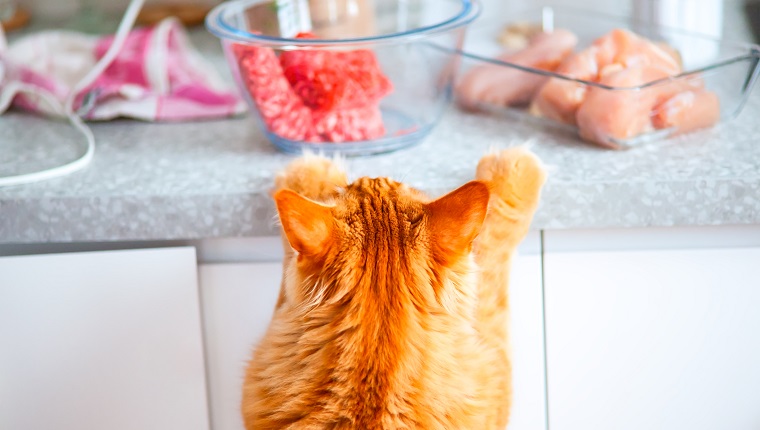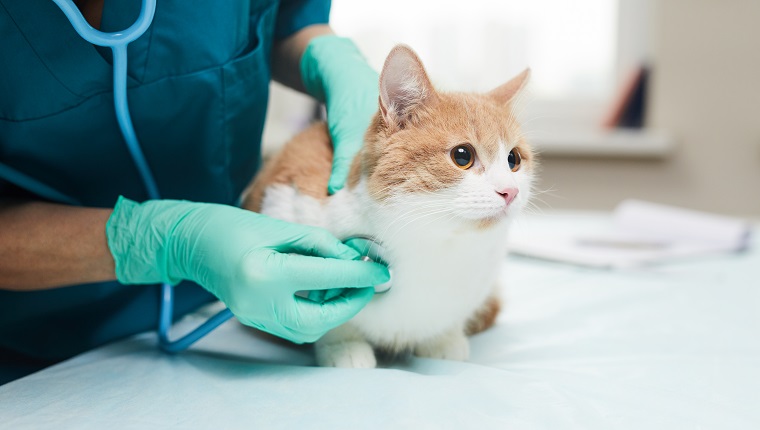Botulism in cats is an intoxication that happens when a feline ingests a toxin known as botulinum that is created by the bacteria Clostridium botulinum. The main way cats acquire the illness is by consuming contaminated raw meat or a dead animal; although, being that cats are often finicky eaters, they are less likely to contract the illness than many other animals.
Humans can also get botulism, but cats can’t directly pass it on to humans. When a cat contracts this condition, they can also suffer from paralysis.
If you see concerning signs of this illness in your cat, then you must consult your veterinarian for a proper diagnosis and course of treatment. Here’s what you should know about the symptoms, causes, and treatments of botulism in cats.
Symptoms Of Botulism In Cats
The symptoms of botulism in cats can present themselves anywhere from a couple of hours to six days after intoxication.
Some of the most common symptoms include:
Causes Of Botulism In Cats

The cause of botulism in cats is ingesting the toxin called botulinum, which is produced by the bacteria Clostridium botulinum. The primary way this happens is if a cat eats contaminated raw meat or a dead animal.
Under certain conditions, some plant material can also cause this condition to appear in a cat.
Treatments For Botulism In Cats
If you suspect your cat has contracted botulism, make sure that you consult with your veterinarian immediately. Your vet will want to carry out a full physical examination of your feline, along with asking about any recent situations where your cat could have come into contact with raw meat or a dead animal. The vet may also suggest blood, urine, and stool tests.
Once your vet confirms their diagnosis, they might consider prescribing antitoxin medicine. In all cases where your vet prescribes a course of medication for your cat, you must follow the dosage and frequency instructions precisely and also complete the full course of recommended medicine.
In situations where the illness has already progressed, your vet will likely want to focus on supportive measures to help your kitty recover. They’ll often need to carry out these supportive measures in a hospital. Treatment might involve the use of intravenous fluids, oxygen, and feeding tubes.
Cats suffering from botulism can often take between 14 to 24 days to recover.
Has your cat ever suffered from a case of botulism? How do you think they caught the illness? Tell us all about it in the comments below!




